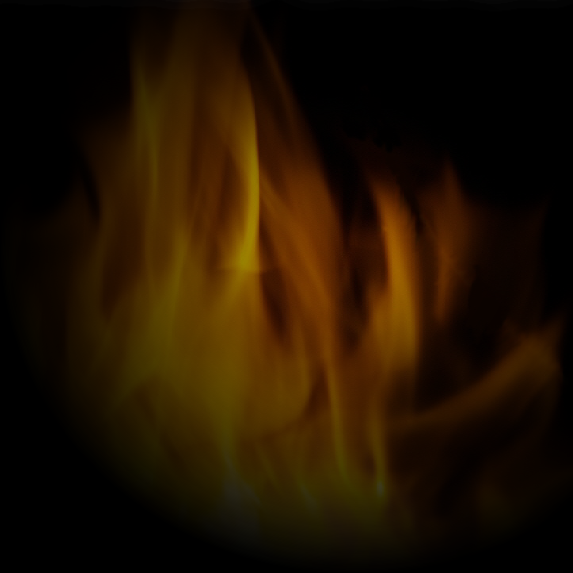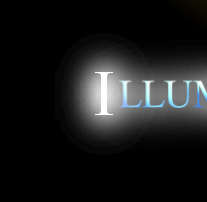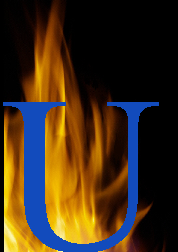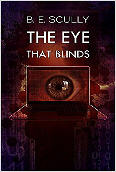





What do the words “literary horror” mean to you? (continued)
For instance, if you take away the monster or serial killer or space ship, what does this novel say to me about this crazy business of being alive in this crazy universe? What deeper place does it probe in regard to the “biggies,” the emotions, questions, conflicts, and conundrums that cause a work to speak to readers decades, or even hundreds of years after it was written? If you remove the plot and look at what’s left, that’s where you see the thematic connections between, say, Stephen King and Charles Dickens, or a novel like Robert Dunbar’s Willy and William Golding’s Lord of the Flies. Sometimes a werewolf novel is no more and no less than someone turning into a wolf and ripping people’s guts out, and that’s fine. But sometimes it’s an exploration into the darkest impulses of our inner beasts, or a reflection of the devastating connection/conflict between human beings and Nature that is such a timely, increasingly terrifying issue in our world today. The second kind of novel, the one where the writer goes beyond plot and hurls him or herself into the abyss in order to come back and tell me the results—that’s the kind I’m most interested in as a writer and a reader.
What books (or writers) have been the most influential in your development as an artist?
I don’t think I can assign a “most” honor to that very long, constantly expanding list. The key thing is to read widely and voraciously, to continuously experiment in order to avoid getting stuck in a particular genre or style. There’s nothing wrong with doing one thing very well, but even the best dishes can benefit from some unexpected spice thrown in now and again.

OCCUPY DARKNESS - B. E. Scully

